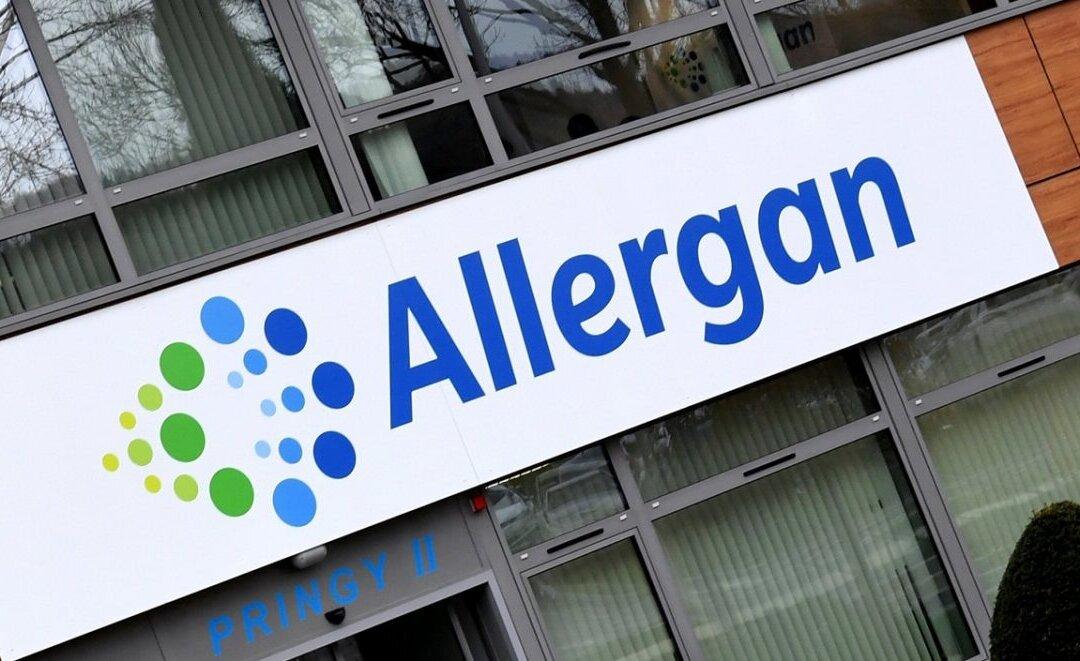Two pharmaceutical companies have reached settlements totaling $15 million to avoid being defendants in the first federal trial on the drug industry’s accountability for a nationwide opioid crisis.
Dublin, Ireland-based Endo Pharmaceuticals announced on Aug. 20 that it has agreed to pay the Ohio counties of Cuyahoga and Summit, home to Cleveland and Akron, a total of $10 million to settle their suits, which are still scheduled to go to trial against other drugmakers and distributors Oct. 21.





